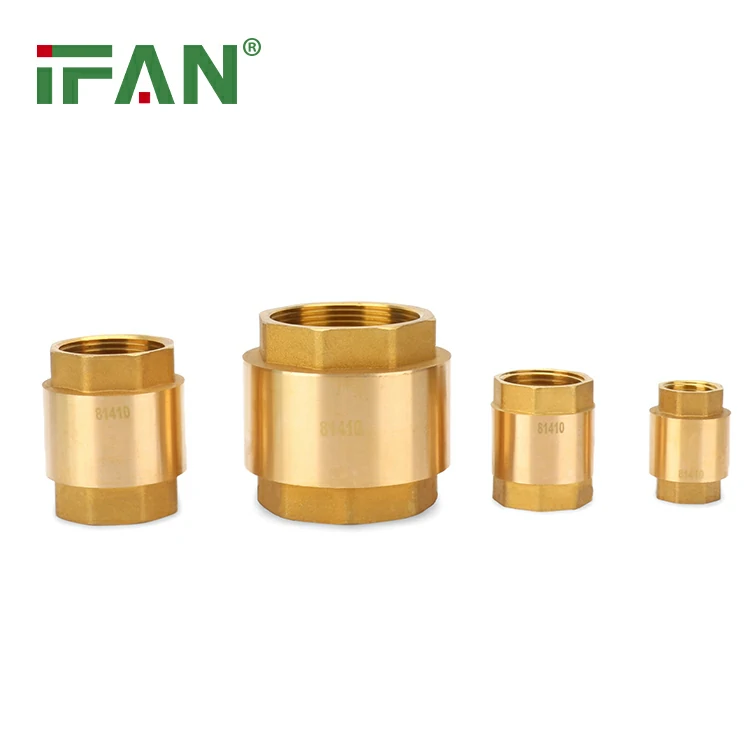Introduction to Brass Check Valves
Brass check valves are mechanical devices that allow fluid flow in one direction. They prevent backflow in plumbing, HVAC, and industrial systems. Their durability and corrosion resistance make them a reliable choice.
Preventing Backflow in Plumbing Systems
Brass check valves are essential in preventing contaminated water from flowing back into clean water supplies. Canada’s 2023 plumbing report highlighted their use in residential and commercial water systems. They ensure safe and efficient water distribution.
Applications in Pump Systems
These valves are commonly used in pump systems to prevent reverse flow. Australia’s 2023 industrial study noted their effectiveness in maintaining pump efficiency. They protect pumps from damage caused by backflow.
Use in Boiler and HVAC Systems
Brass check valves are ideal for boiler and HVAC systems to maintain proper flow direction. Germany’s 2023 maintenance guide emphasized their role in preventing energy loss and system damage. They ensure optimal system performance.

Irrigation and Agricultural Systems
In irrigation systems, brass check valves prevent water from flowing back into the main supply. Japan’s 2023 agricultural report highlighted their use in drip irrigation and sprinkler systems. They ensure efficient water usage and prevent contamination.
Industrial and Manufacturing Applications
These valves are widely used in industrial processes to control fluid flow. Boeing’s 2023 aircraft study noted their role in hydraulic and fuel systems. They ensure safety and efficiency in complex industrial setups.
Choosing the Right Valve for the Application
Brass check valves are suitable for applications requiring durability and corrosion resistance. South Korea’s 2023 installation manual recommended assessing system requirements before selecting a valve. Proper selection ensures long-term performance.
Conclusion: When to Use Brass Check Valves
Brass check valve should be used in systems requiring backflow prevention and reliable flow control. The EU’s 2023 plumbing audit concluded that they are essential for maintaining system integrity and efficiency in various applications.

